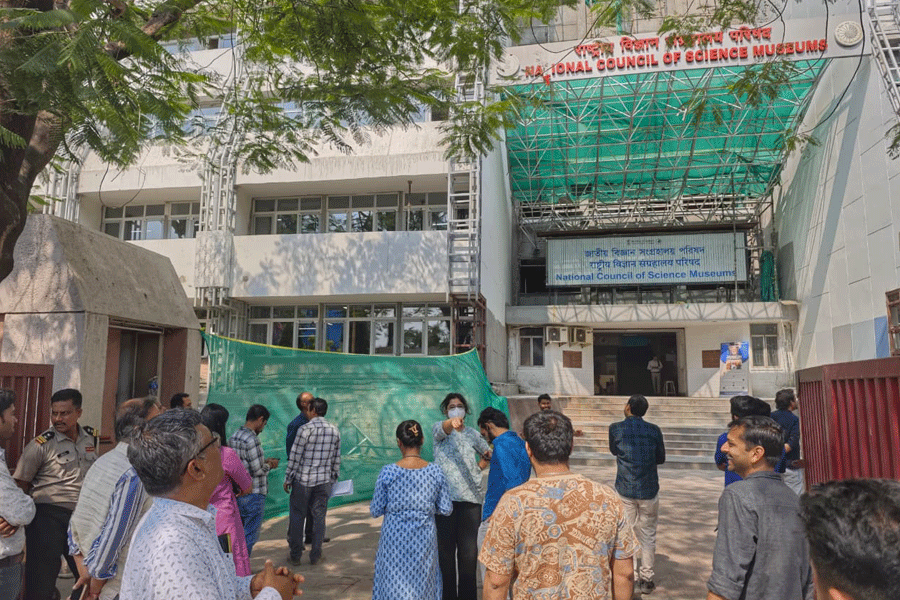Health researchers in South Africa on Friday claimed to have detected “clear, population-level” evidence of substantial immune evasion and re-infection by the new Covid-19 variant omicron.
The number of daily new re-infections has recently spiked and coincides with the emergence of omicron, the researchers said, releasing their analysis of re-infection trends through South Africa’s three Covid-19 waves over the past 18 months.
“We find evidence of a substantial and ongoing increase in the risk of re-infection consistent with the timing of the emergence of omicron in South Africa,” Juliet Pulliam, director of the Centre for Excellence in Epidemiological Modelling and Analysis at Stellenbosch University in South Africa, and her colleagues wrote in a study.
“We see a recent increase in the number of re-infections in individuals who had already had multiple suspected infections from mid-November,” Pulliam said in a tweet.
“Immune escape from prior infection… has important implications for public health globally, but there is still a lot we don’t know.”
A variant with high immune escape capabilities would be able to cause re-infections and fresh surges in countries such as India where a large proportion of the population has already been infected by Covid-19.
Some scientists caution that the full implications of omicron’s immune evasion remain unclear.
“It is possible a variant might evade antibodies, but there are other components of the immune system such as T cells that may still help avert severe disease,” said Nimesh Gupta, a senior scientist at the National Institute of Immunology, New Delhi, who was not associated with the South African study.
The South African study is the first to use population-level data to estimate the re-infection risk from omicron, a variant with an unusually large set of mutations that many scientists have predicted will help it evade immune responses.
Omicron was detected in Botswana last month, has spread rapidly across South Africa, and had turned up in over 37 countries by Friday. Health authorities in India confirmed omicron in two cases but many samples of positive cases were still being sequenced.
In contrast to the rising re-infection risk observed in November, the South African researchers said they found no evidence that re-infection risk had increased during the emergence of beta and delta, two earlier coronavirus variants linked to Covid-19 waves in South Africa.
Delta had fuelled India’s second wave and South Africa’s third wave earlier this year.
The South African researchers analysed the timing of 35,670 suspected re-infections among a pool of over 2.7 million people who had been infected before November 27 this year.
Among re-infected patients were 332 with three infections and one with four infections.
Among those who had had more than one re-infection, 47 (14 per cent) had experienced their third infection in November 2021, which suggests that many third infections were associated with the emergence of omicron, the researchers said.
Pulliam and her colleagues have published their study -- which is yet to be peer-reviewed -- on medRxiv, an online archive of research papers.












